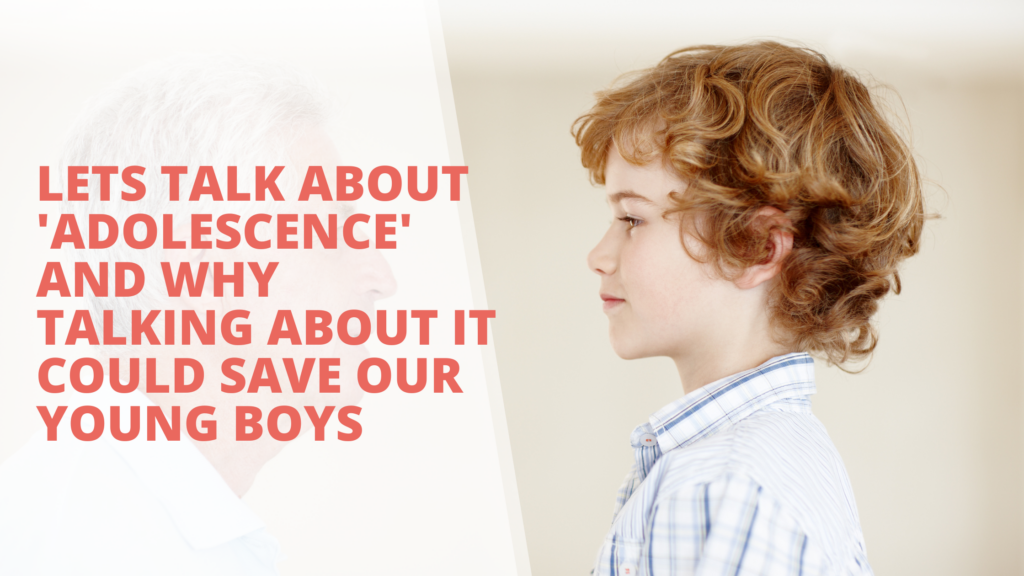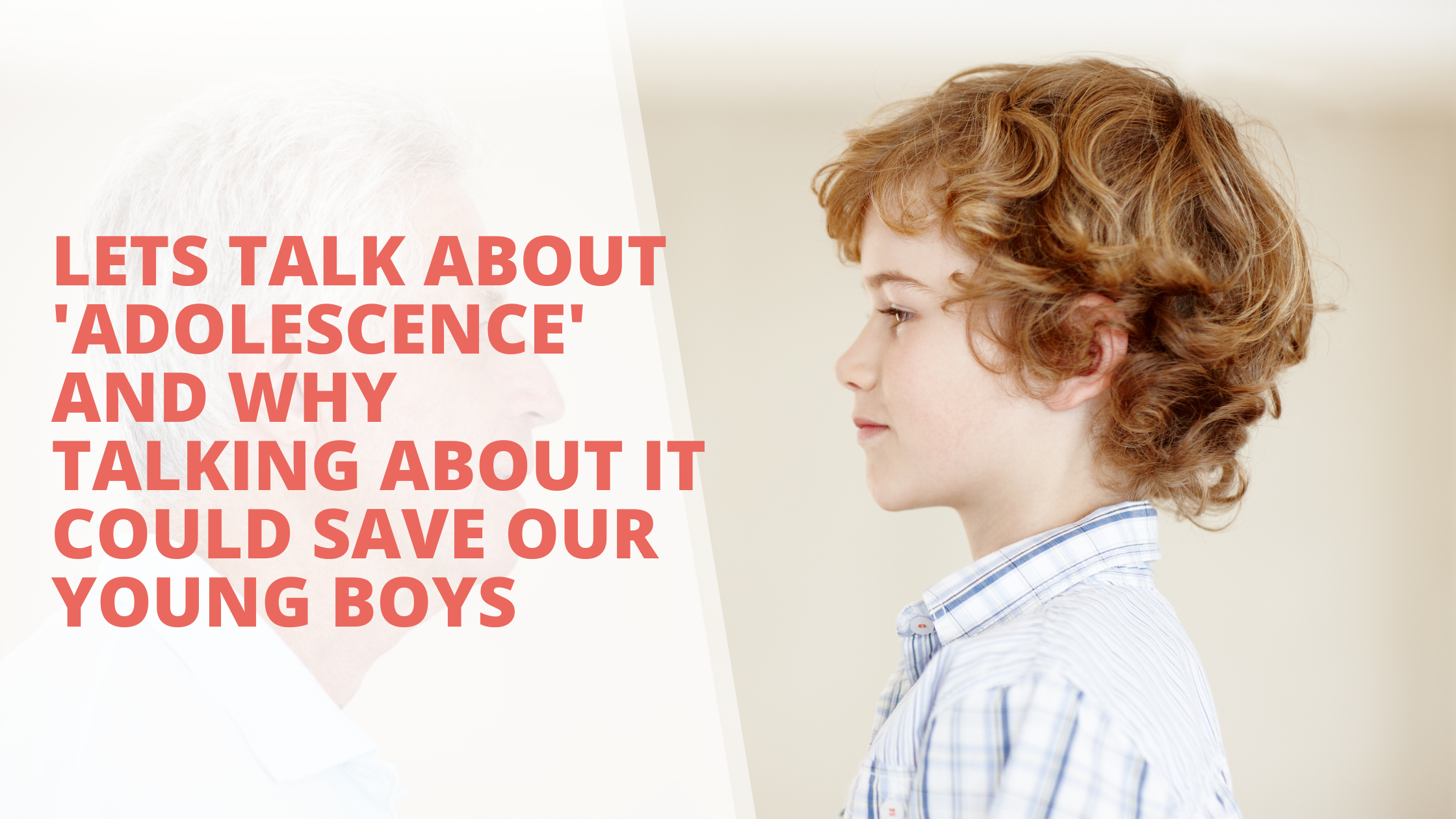
I don’t know about you, but as a parent, I often wonder what my kids are absorbing from the world around them. From social media to YouTube, to the latest Netflix series, they’re constantly taking in messages about who they should be, how they should act, and what it means to “fit in.” That’s why when I came across the new Netflix series Adolescence, it hit me hard. Not just because it’s an incredibly well-made show, but because it shines a light on something we, as parents, need to be talking about: the influences shaping our kids, especially when it comes to masculinity.
What Adolescence is All About
If you haven’t seen it yet, Adolescence follows Jamie Miller, a 13-year-old boy who gets caught up in something far bigger than he understands—something that ultimately leads to tragedy. Told in an unfiltered, raw style (each episode filmed in a single continuous take), the show dives deep into the pressures boys face in today’s world, from online radicalization to toxic masculinity and the dangers of unhealthy role models.
One of the most powerful things about this show is that it doesn’t just point fingers—it makes us ask hard questions. How do boys get pulled into these harmful mindsets? Why do they feel they have to act a certain way to be accepted? And most importantly: What can we, as parents, do to help?
The Need to Talk About Healthy Masculinity
The world is full of loud voices telling our sons how to “be a man.” And let’s be honest—many of those messages are unhealthy. They promote toughness over tenderness, dominance over kindness, and silence over vulnerability. This is exactly why conversations about healthy masculinity are so important.
According to the Kering Foundation, fostering healthy masculinity means creating a space where boys feel safe to express emotions, challenge harmful gender norms, and understand that being strong doesn’t mean suppressing feelings. As parents, we have a crucial role in shaping these conversations. We need to be the ones saying, It’s okay to cry. It’s okay to be kind. It’s okay to say no to peer pressure.
The Dark Side of Online Influence
One of the most unsettling things Adolescence highlights is how quickly young minds can be influenced by toxic online communities. The main character, Jamie, is drawn into a world of dangerous ideas through social media and gaming forums—places many of our kids spend hours in every day.
The reality is, our children are being exposed to more than we realise. The Daily Telegraph recently reported on the show’s portrayal of secret languages and symbols that teens use to communicate online, often hiding harmful meanings. If we’re not having open, regular conversations with our kids about what they’re seeing and hearing, they might be influenced before we even realise it.
The Power of Conversations at the Table
This is where The Table Talk Project comes in. We believe that real, open, and vulnerable conversations are one of the most powerful ways to keep our kids grounded. It’s not about sitting them down for a big, dramatic talk—it’s about making space for everyday check-ins. The dinner table is a perfect place for this.
Instead of the usual How was your day? (which usually gets us a Fine in response), what if we asked questions like:
- What’s something interesting you saw online today?
- Have you ever felt pressured to act a certain way to fit in?
- What does being a “good friend” look like to you?
These kinds of questions help us connect with our kids and give them a safe space to process what’s happening in their world.
Why Staying Connected Matters
At the end of the day, we can’t control everything our kids see or hear. But we can be the voice that counters the unhealthy messages they’re bombarded with. We can be the ones who tell them that their worth isn’t tied to how tough they are, that kindness is strength, and that they’re loved no matter what.
Adolescence is a tough watch, but it’s an important one. It reminds us that now, more than ever, we need to be talking to our kids. Not just about the dangers out there, but about the values we hold close. About the kind of men we hope they’ll become. And those conversations? They start with us. They start at the table.
If you’re looking for more ways to have meaningful conversations with your kids, check out The Table Talk Project. Because every conversation matters.

